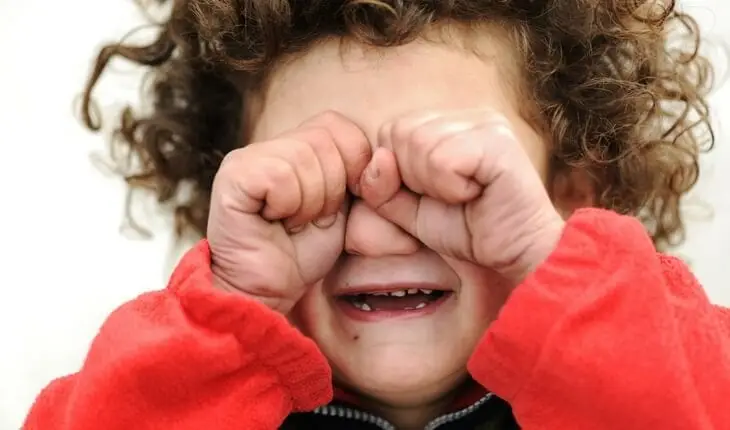Definition of a Meltdown: A Parent’s Guide to Calming Big Emotions
Dr. Roseann Capanna-Hodge
Temper tantrums are unpleasant, disruptive behaviors or emotional outbursts that children exhibit when frustrated. Children have temper tantrums in response to unmet needs or desires or when they feel a lack of control. Hunger, exhaustion, discomfort, sensory needs, or wanting something they can’t have all trigger tantrums. The behaviors can range from whining and crying to screaming, kicking, hitting, being stubborn, resisting tasks or holding one’s breath. A tantrum can be a way for child to get a reaction or get what they want.
Read More »







